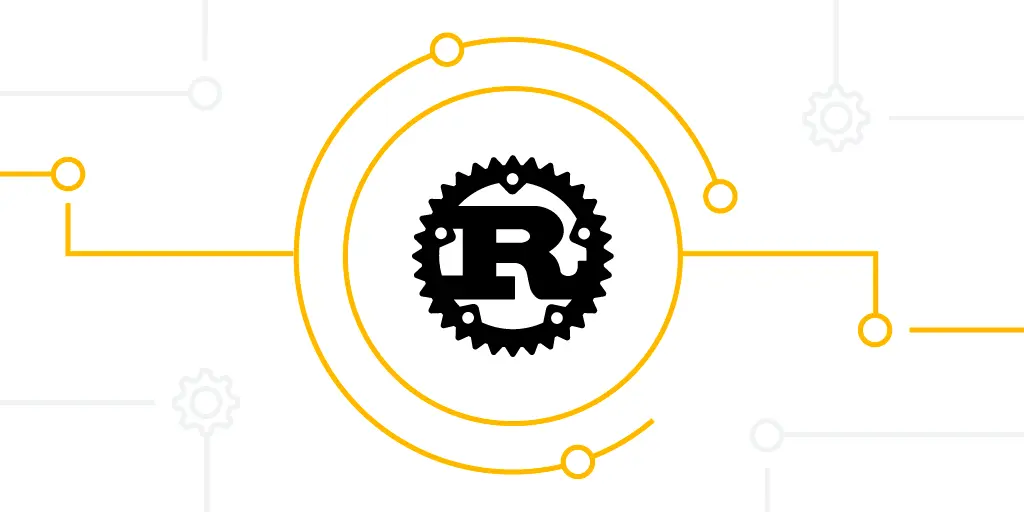This post will analyze some data covering years of early adoption of Rust at Google. At Google, they have been seeing increased Rust adoption, especially in their consumer applications and platforms. Pulling from the over 1,000 Google developers who have authored and committed Rust code as some part of their work in 2022, they willl address some rumors head-on, both confirming some issues that could be improved and sharing some enlightening discoveries we have made along the way.
Matches my experience with rust as well. Once I got used to some of the concepts and syntax, everything started to just fall into place.
Yes, I started off with a C mindset and had a bit of a struggle the first days until the mental model of ownership and borrowing landed, after that it is mostly learning to use new concepts like pattern matching, the ? operator aso.
I’ve done some elixir so pattern matching and functional programming was pretty familiar but yeah, borrowing took me actually reading about it rather than going “I can just figure this out” before I was like “Oh, that makes sense.”
And yeah, I remember the first time I encountered the ? operator in some example code I was like WTF?!??! How do I search for THAT?
Having programmed in C, I got the ownership model quite fast. I just think of it as “is this function going to do an implicit free on return”, if not then it should just borrow it. And for C, you already had to think of ownership, just that it was not enforced in any way in the language… if you messed up the ownership to either got a crash or leak.
Same here. It’s been 1-2 months and I feel pretty comfortable.
That’s great to hear, my experience way back when I have learned Rust was a little bit more rough (though still nice), and I think it took longer for me to get really comfortable (language server (at that time “rls”) was far not as good as rust-analyzer is now).
Nice



